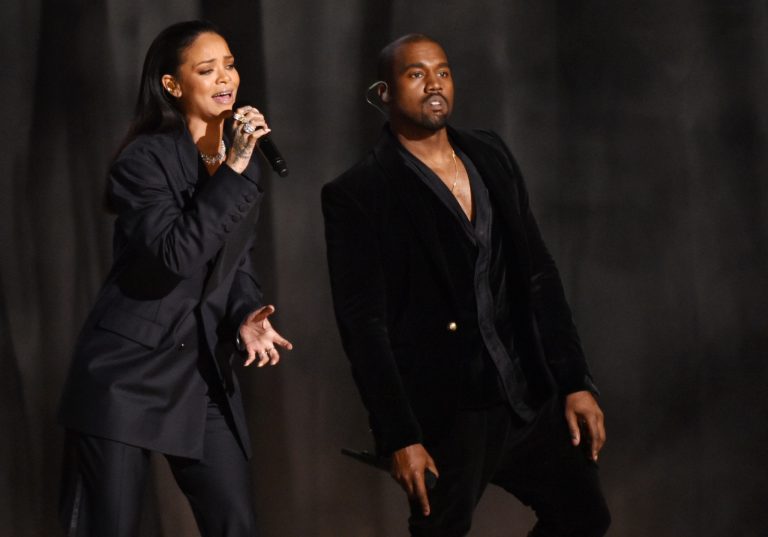
The news that Kanye West is to be awarded an honorary doctorate from the School of the Art Institute of Chicago has sparked a lot of discussion whether the famous college dropout deserves the letters conferred on him.
Don't understand celebs receiving "honorary doctorate degrees". Ppl work and sacrifice for a doctorate and u didn't graduate hs yet get 1.
— Princess (@_foreigncharm) March 24, 2015
Kanye West is getting an honorary doctorate? What's next, the apocalypse?
— Katy Miller (@brieandtea) March 25, 2015
Having done my time in academia I had the good fortune of sitting through two graduation ceremonies, and both had buzz that some big celebrity doctorands were expected. Would I be lucky enough to attend the same ceremony as Hollywood actor Sean Bean, or maybe even the respected comedian Eddie Izzard? As it turned out filming overran for Sean, and Eddie ended up graduating with the linguists that year. The best I got was Martin Fry, singer from the 80s band ABC, who was an engaging yet uninspiring speaker.
While the purpose of awarding doctorates to figures from the world of entertainment is to celebrate a lifetime of achievement, to enshrine an institutional connection, or perhaps even to acknowledge important charity work, in the eyes of an international graduate it can all too easily come across as a shameless promotional trick. The celebrities might tickle the attention of the press, and for a very brief moment the university will have the chance to share the glory and the column inches with the one notable figure they were able to book for the second week in July. But having invested a lot of time, and accrued a considerable amount of student debt, is there really much value in a musician giving life-advice to new graduates?
There is no case to be made for the celebrity that swoops in and then swiftly disappears with their degree, and their presence is little more than a personal appearance paid for in-kind with flattery. Yet this approach is not the only one, and the prominent involvement of key figures, whether they are celebrities, heads of industry, or leaders of innovation, can greatly enrich the learning experience for students.

Perhaps the finest example of celebrity engagement that goes above and beyond the guest appearance is the example Patrick Stewart, whose tenure as chancellor of Huddersfield University has had direct impact. The relatively new university approached Stewart about taking over ceremonial duties at the institution, and he leapt at the chance to give something back to the region he came from. In a candid video interview to the Times Higher Magazine, Stewart states that
“I had no interesting being a celebrity status symbol for the university, I didn’t want to be paraded out on important days, just to show my face and to then disappear back to London”
In his ten years as chancellor he has been a tireless ambassador for the institution, has run numerous acting workshops for the university’s students, and recently funded a post-graduate scholarship to research domestic violence. His involvement started well before the graduation ceremony, and that simple standard is one that all honorary doctorates should be forced to uphold.
What is important is that these celebrity appearances are not limited to a solitary appearance after the studies are over and the exams are done. Graduating and leaving university can be an emotional experience, and having a celebrity you don’t recognise waving you goodbye is not going to soften the blow. Make the honorary doctorands earn their letters, and make their lifetime of achievement truly inspire the students that follow.







